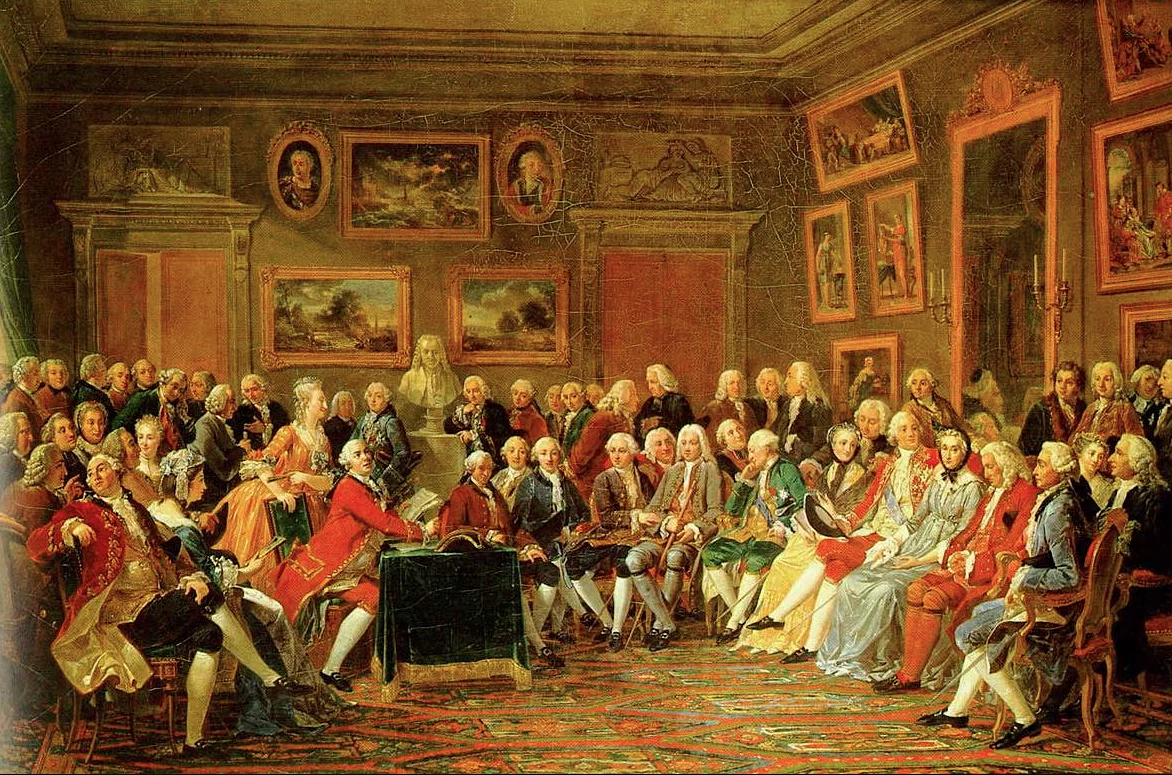Marcus W. Orr Center for the Humanities
Spring 2026 Event Series
Please check the details of each event for format and location. All events, as always, are free and open to the public.
**POSTPONED DUE TO WEATHER**
"The Captive Maternal: Antifascist Renegades, Runaways, and Rebels"
Joy James // Williams College
-
-
- Friday, January 23, 3:00pm
- Clement Hall, Room 317
- Convenient parking in the Zach Curlin Garage
-
Join the Philosophy Department for a lecture and discussion with Joy James, Ebenezer Fitch Professor of the Humanities at Williams College. Dr. James will share recent work on the concept of "The Captive Maternal," defined as a social function shaped under colonial conquest, chattel slavery, and an antiblack world. Her talk traces how coerced caretaking and sacrifice can mutate into refusal and resistance, moving from everyday compromise to protest to organized collective struggle, and, in some cases, to the creation and defense of autonomous ‘maroon’ zones. Centering agape as love understood as political will, the project argues that Black generative labor is routinely stolen and repurposed by state, corporate, and nonprofit power; and asks what it would mean to reclaim that power to build protective communities with real infrastructures of survival (housing, food, health, study, art, and security)
Urban Affairs Colloquium Series

"Democracy, Development, and Engaged Research: New Challenges and Future Directions, from the Perspective of Participatory-Action Research in Sicily"
Laura Saija // University of Catania, Italy
-
-
- Thursday, February 5, 4:00pm
- UC Fountain View Room
- Convenient parking in the Zach Curlin Garage
-
Hooks National Book Award Ceremony 
- Saturday, February 7
- 2:00PM
- New Location: University of Memphis Rose Theater
- Register here.
The Benjamin L. Hooks Institute for Social Change at the University of Memphis will present the Hooks National Book Award to Joy-Ann Reid, author of Medgar and Myrlie: Medgar Evers and the Love Story That Awakened America.
Please note the new location for the presentation and lecture. The event has been moved from the University Theater to the Rose Theater.
Chopin in the Salons: A Performance and Panel Discussion

- Monday, February 23, 6:00-8:00pm
- Scheidt Family Performing Art Center Room 1204
Panelists: Ewelina Boczkowska (Musicology), Melanie Conroy (World Languages and Literatures), William McKeown (Art History)
Guest Artists: Cicilia Yudha (piano) and Misook Yun (soprano)
"Why the Humanities and Sciences Should Be Friends: On Biodiversity"
 Kyle Harper // University of Oklahoma
Kyle Harper // University of Oklahoma
-
-
- Thursday, February 26
- Reception at 5:30 // Lecture at 6:00pm
- UC River Room Room
- Convenient parking in the Zach Curlin Garage
-
Join us for the Department of History's Sesquicentennial Lecture with Dr. Kyle Harper.
Kyle Harper is the G.T. and Libby Blankenship Chair in the History of Liberty, Professor of Classics and Letters, Senior Advisor to the President, and Provost Emeritus at his alma mater, the University of Oklahoma. He is also a Fractal Faculty member at the Santa Fe Institute, and in 2023-24 the holder of an annual Chair at the Collège de France (chaire “Avenir Commun Durable”) in Paris. Harper has been a Guggenheim Fellow and an Andrew Carnegie Fellow in addition to a Junior Fellow at Dumbarton Oaks and a Visiting Scholar at Stanford University.
Harper is a historian whose work seeks to integrate the natural sciences into the study of the human past. He writes on the history of humans as agents of ecological change and asks how we can approach questions such as biodiversity, health, climate change, and environmental sustainability from a historical perspective.
